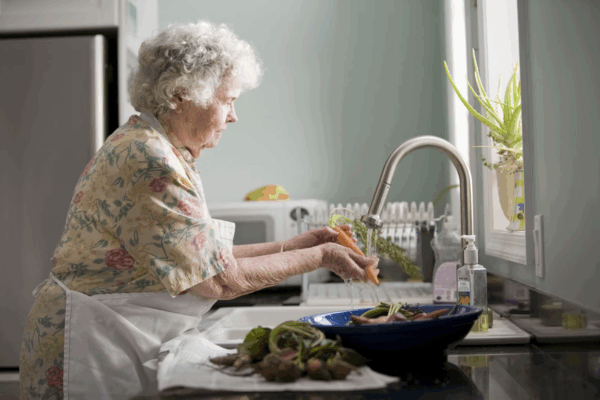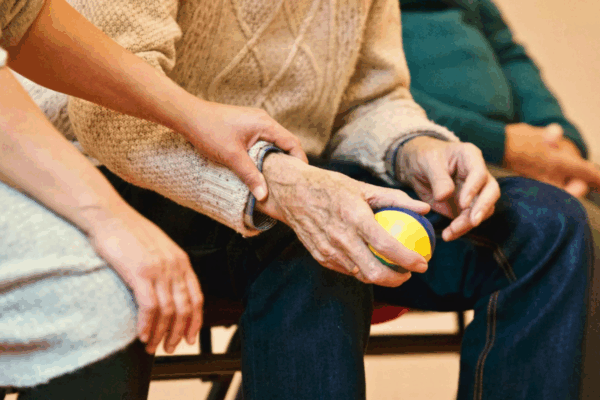If you’re one of the millions of adults in the United States who care for an elderly, chronically ill, or disabled loved one, you may find that the experience occasionally takes its toll on you. In fact, according to the Pew Research Center, 32% of caregivers describe their duties as “stressful.”
Careful, though—If you’re starting to feel like you’re reaching your breaking point, you may well be on the road to caregiver burnout. It might be time to start focusing on your own needs a bit more.
Here are some signs that you may be approaching (or already experiencing) caregiver burnout.
Chronic fatigue Your sleep habits have changed, or you constantly feel tired with no real explanation.
Frequent illness If you find yourself getting headaches, colds, or the flu more often than normal, your immune system may be compromised by stress.
Angry outbursts You may lose your temper more than usual and take it out on those around you—even if they are not the source of your frustration.
Withdrawal or depression Instead of lashing out, you may draw yourself inward and avoid people, or you find less enjoyment in the activities that once gave you pleasure.
Lack of focus You can’t fully concentrate on the task at hand, such as cooking dinner or reading a book. Or, maybe you’ve begun to neglect your appearance and self-care.
Another serious symptom of caregiver burnout is compassion fatigue. While you once cared for someone out of love and concern and played an active role in addressing their health issues, your heart is just not in it anymore. You’re overwhelmed by responsibility; you struggle to be kind and feel devoid of compassion. That’s when you know it’s time to make a positive change.
So, what can you do about caregiver burnout?
It’s okay to take some time for yourself, and respite care is a prudent and effective way of doing so. Taking a temporary break while ensuring that a loved one continues to receive proper care can alleviate stress and emotional fatigue and even prevent burnout.
There are a number of ways to take advantage of respite care. The most obvious may be to get someone to take over for a while. If you don’t have friends or family members who are willing or equipped to help out, seek assistance from respite care resources in your community, including adult day care, in-home meal delivery, and volunteer programs to support older adults. You could also hire a professional in-home caregiver to provide a few hours of relief each day, or even live in your home full-time while you take some time away.
What’s more, many assisted living facilities offer short-term respite care stays for your loved one, with comfortable accommodations. The facility will create a personalized care plan based on your loved one’s specific needs.
Ultimately, it’s important and reassuring to know that there is support available, and there are strategies for taking care of yourself. Chances are, respite care will even make you a better caregiver.






